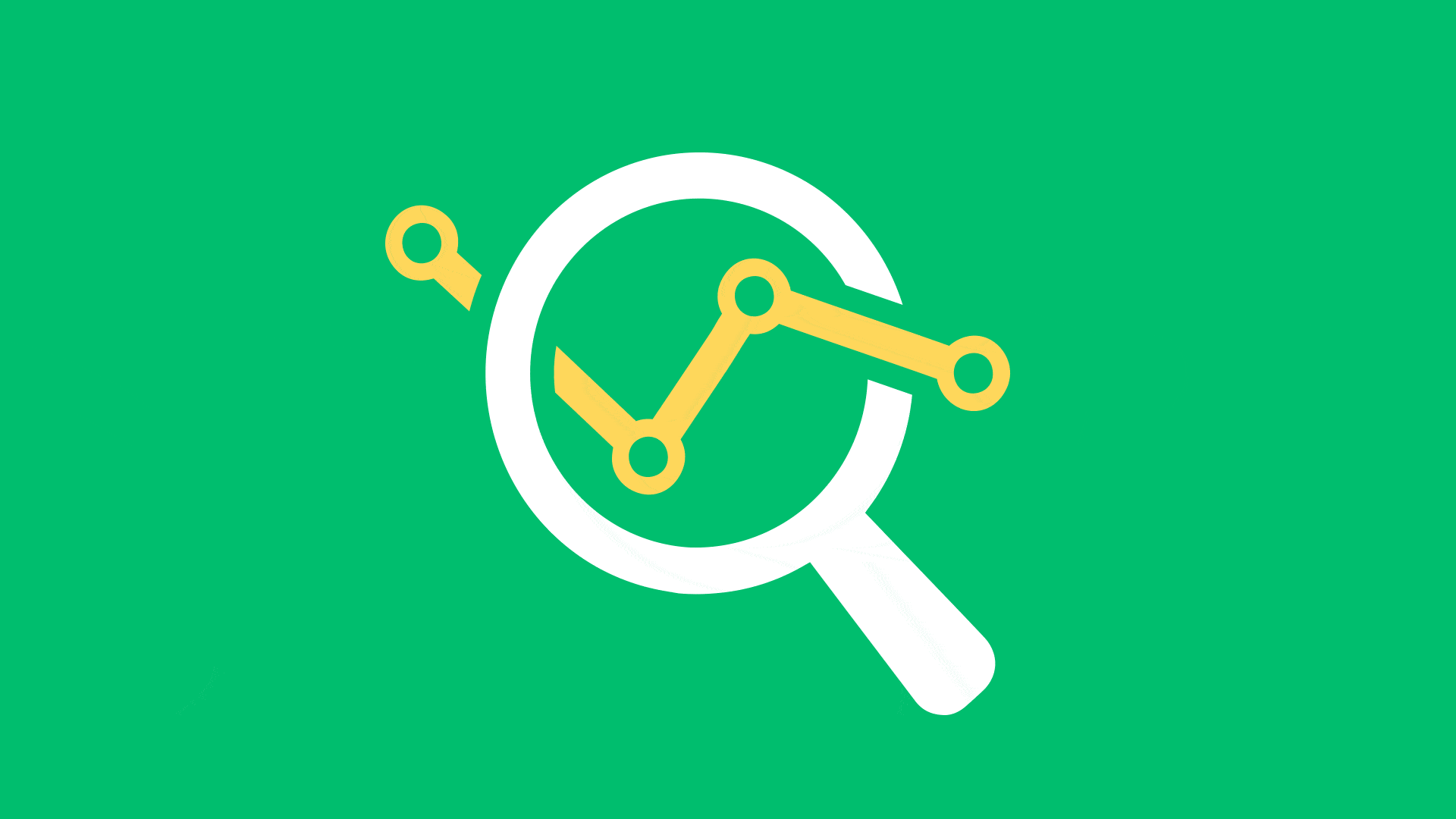
Predictive Learning Analytics for the CDO
Is your company one of the 90% that plans to appoint a chief data officer (CDO) in the next year?
According to a recent infographic from Visual Capitalist:
“The appointment of chief data officers at large organizations has ramped up in recent years as companies realize the importance of data as a fundamental business asset, with nine out of ten enterprises expected to fill this role by next year.”
Companies are increasingly realizing what a valuable business driver their data can be. That’s why they’re hiring a new set of executives tasked with integrating disparate organizational data to better optimize their business and innovate in the market. In fact, according to Gartner’s third annual CDO survey, CDOs are driving business value and enabling data-driven cultures, as well as “proving to be linchpins of digital business transformation.”
“The role of the CDO is to figure out how to measure data-related things, whether it’s cost basis, a contribution to revenue streams, it’s impact on KPIs or quality characteristics and relevancy to business processes.”
Types of Organizational Data for CDOs
And CDOs have a lot of data in their arsenals. As companies embrace increasingly advanced technology – including AI and machine learning – their data inventory grows. For example
- Marketing departments have automation tools that help them develop A/B/C split-test campaigns to find the right messaging for maximum resonance
- Sales departments can leverage machine learning algorithms to predict customer purchasing patterns and tweak recommended products based on prior purchases
- Product development teams can use predictive modeling to anticipate customer demands and develop products/services against those needs
Don’t Overlook Learning Data
Another area where data inventory has grown exponentially is learning data – the analytics derived from training and development programs. As L&D departments move toward more intelligent, adaptive learning technologies, they’re becoming better prepared to effectively and efficiently work with those in the CDO role. That’s because the amount that’s known about employees is growing at a dizzying rate. And we’re not just talking about understanding what a workforce knows or doesn’t know. (Although verifying mastery is certainly an important metric.) We’re talking about the deeper behavior-based data that can indicate a workforce’s engagement, motivation and needs, (which in turn, drive organizational culture and bottom-line outcomes like productivity, performance and revenue).
For the first time ever, new AI-powered adaptive learning platforms can analyze how employees behave in learning/training. They can then plug this data into machine learning algorithms to predict the attitude, aptitude and eventual output of each employee and the organization as a whole.
For example, Fulcrum’s behavioral knowledge mapping (BKM) uses both behavioral input and performance data to explore user behavior during training – analyzing the choices employees make within the learning environment to provide insight into their individual state of mind. We also amalgamate the behavioral data of individuals into a group view that can reveal behavioral trends and areas for improvement across the organization.
So, what does this really look like?
Here’s one example that demonstrates the value that BKM to bring to CDOs around one of the most critical aspects of organizational success: engagement
Our BKM data demonstrates how engaged an employee is within the training environment. This, in turn, serves as an indicator of their overall workplace engagement.
We monitor things like:
- How an employee responds to feedback. (Do they go back and review sections where they can improve or try to muscle their way through the learning? Do they enable or disable our adaptive hints?)
- Coach-ability and openness to learning. (Do they take our “Pathway to Mastery” suggestions in the learner dashboard or ignore them? Do they select to receive our memory-boosters? Are they trying different modalities to learn the content that’s most difficult to them?)
- Confidence and doubt. (Do they hesitate before answering a question, or make several selections before choosing their final answer?)
From this data, our machine learning algorithms can make engagement predictions at the individual and organizational levels. In turn, a CDO can leverage this data to make data-based projections about performance, productivity, employee retention and organizational culture – KPIs that have far-reaching, bottom-line impact.
CDOs are responsible for all aspects of organizational data. This should include the transformational predictive analytics that come from AI-driven adaptive platforms like ours.
If you’re interested in learning more about our BKM capabilities or predictive analytics, let’s connect. People tell us that our short demo helps them “see” how our platform improves their understanding of their employees and can help CDOs predict “people-based” outcomes.
